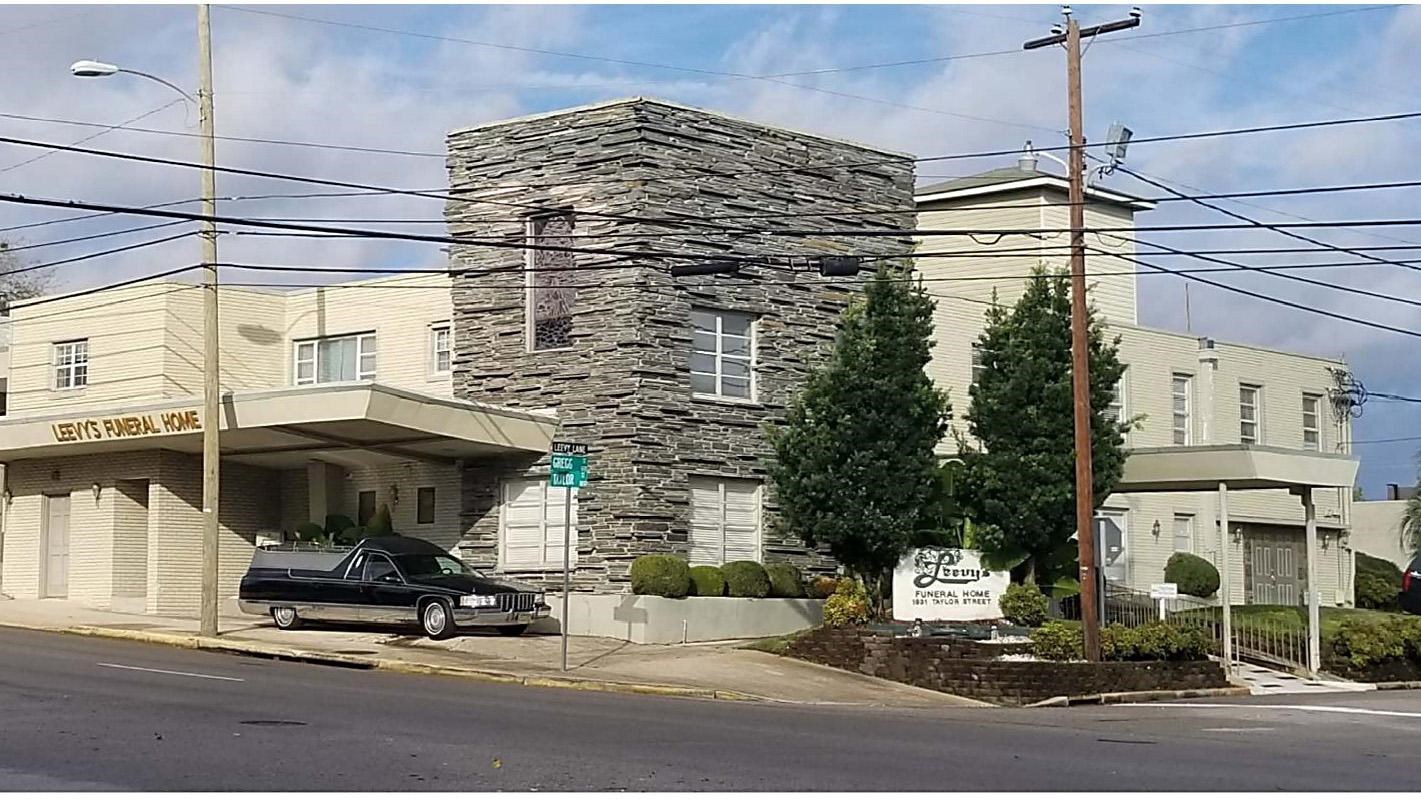Last updated: August 9, 2021
Place
Leevy’s Funeral Home

Photo by William Maclane Hull, courtesy of the South Carolina State Historic Preservation Office
Leevy’s Funeral Home built in 1951, was listed in the National Register of Historic Places in 2020 for its significance in African American history and the system of segregation in Columbia, South Carolina. The funeral home was part of a community effort by the city’s Black citizens, to create alternative spaces to gather and provide one another with essential services, including funerary services. The building’s significance expands beyond funeral services as it was also a site for politics as it assisted in African American voter registration and education. The funeral home was owned and operated by Isaac Samuel Leevy, a prominent local political activist and community leader. The funeral home was Leevy’s home, place of business, and the center of his political actions. Leevy was heavily involved in South Carolina politics as a registered Republican who advocated for the two-party system and voter registration.
I.S. Leevy first acquired the Taylor Street sitein 1928. Initially, Leevy opened a gas station on the property since, according to him, “nowhere in Columbia…were Negroes engaged in the filling station business.” In 1951, Leevy had the service station property razed and constructed this purpose-built funeral home. One illustration of Leevy’s Funeral Home’s broader importance for African Americans was its listing in The Negro Motorist’s Green Book. Traveling through or to unfamiliar towns or areas was often a fraught endeavor for African Americans who lacked local knowledge of what businesses were safe for them to patronize. Despite the demolition of Leevy’s gas station by 1951, this location was listed in The Negro Motorist Green Book each year from 1950 through 1955 under the guide’s “service station” category. Even though the property at that point was used exclusively as a funeral home, its continued listing in the Green Book suggests that I.S. Leevy was still considered a valuable local resource for Black travelers, and that the funeral home likely remained a place where African American out-of-towners could stop for general assistance or guidance.
On a local level, the home played a vital role as an important alternative public space for Black Columbians during Jim Crow and as a center for grassroots political organizing among local African Americans. As segregation took hold in Columbia in the decades after Reconstruction, African Americans were either excluded from local white-owned businesses or relegated to designated “Colored” spaces. They subsequently took it upon themselves to create their own businesses and community institutions where they could provide one another with services they were otherwise denied. Funeral homes were arguably among the most important services local residents offered one another, given the particular sensitivity of caring for the deceased, as well as funerary practices’ close relationship with religious belief. As perhaps the most widely known Black-owned funeral home in midcentury Columbia, Leevy’s provides an important physical connection with African Americans’ determination to prosper and care for one another despite the city’s prevailing Jim Crow order.
Black-owned funeral homes like Leevy’s that emerged in the early twentieth century did so out of both necessity and a desire for the African American dead to be afforded the same respect as whites. Around the turn of the twentieth century, few American communities had a Black-owned funeral home. African Americans who sought out mortuary services therefore had to seek the services of white undertakers. Some simply refused to serve African Americans altogether, while black funeral homes offered African Americans the full range of services associated with caring for the dead, including embalming, burial, and, in some cases, even casket manufacturing. Leevy’s itself was ultimately among the few Black funeral homes that placed emphasis on the local community and the respectful services they deserved.
